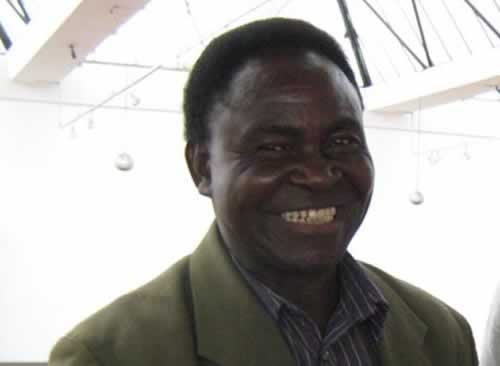Cry our beloved reading culture

Stanely Mushava Arts Correspondent—
Zimbabwe’s poor reading culture came under spotlight at the country’s premier literary festival, The Zimbabwe International Book Fair, which is underway in Harare. Writers, publishers and literary academics that attended the ZIBF Indaba blamed schools for the country’s love-hate relationship with books. Zimbabwe’s literacy rate is at 97 percent, according ZimStat, but the country fares badly in the reception of creative writing.
Godwin Makaudze, a scholar with the Great Zimbabwe University, blamed an exam-oriented education system for the paradox.
“Pupils are only exposed to books that are in their syllabus, and to them, reading only means reading that which is in the education syllabus in order for one to pass,” Makaudze said.
“They know no other reading outside the prescribed texts in schools.
“As a result, when a pupil holds a book the fundamental questions he or she asks himself is whether it is in the school syllabus,” he said.
“If not, then it is not worth spending time on. For many, there seems to be no incentive in reading for leisure,” he said.
Makaudze, who visited schools around Masvingo in preparation of his paper, said some schools cleared literary reads and other textbooks that are not for examination purposes from their libraries.
“More to this, teachers in schools, owing to the low budget allocated for books, normally buy the minimum number of set-books that can be studied at each level,” Makaudze said.
“In other subjects, only one textbook for the teacher can be bought at a school. Learners then depend on notes given by the teacher.
“In other cases, teachers resort to the drilling method, training learners just to pass the exam without also raising their enthusiasm for reading,” he said.
Makaudze also cited the high costs of buying books, marginalisation of other languages and lack of serious works of art that illuminate life as factors behind the country’s poor reading culture. In his concurring opinion, veteran author Aaron Chiundura Moyo said it was clear that schools had destroyed the reading culture.
He said during his era schools nurtured students into writers and ardent readers but the focus had been lost in recent years.
Moyo said he was moved to become a novelist after listening to his teacher’s impassioned reading of T.K Tsodzo’s novel “Pafunge” and other local titles.
He said there was a lot on radio and in schools directed at harnessing literary talent and provoking curiosity but that was no longer the case.
Weaver Press publisher Irene Staunton said a healthy reading culture was necessary for sustaining the book sector.
She said publishers were responding to changing trends in reception of literature by publishing both in print and electronically.
Author Sifundo Nkomo said it was up to librarians to make the library a more recreational and engage space in order to sustain the interest of young readers. Makaudze suggested reorienting the education system away from the exam model, building partnerships to subsidise publishing costs and improving marketing strategies for books as means to an improved reading culture. This newspaper has consistently rallied calls for a vibrant reading culture and insisted that the country risks “literacy without literature as emphasis shifts from digging to plowing”.
The book fair continues with Exhibitions, Meet the Author Sessions, Live Literature Centre, Children’s Reading Tent, the Digital Zone and the Writers, Publishers, Booksellers and Librarians Workshop.









Comments